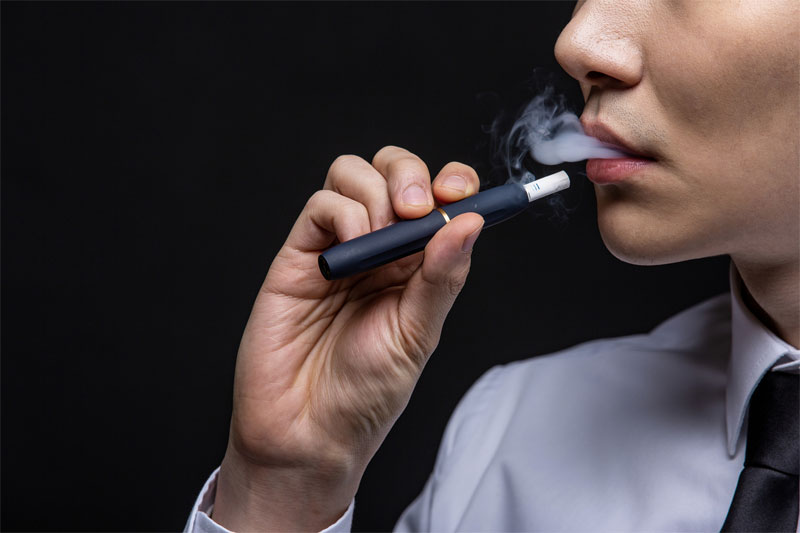The landscape of nicotine delivery has evolved significantly, bringing into question the regulatory stance on electronic cigarettes, especially concerning their approval by the FDA. E-cigarettes, commonly known as vapes, have surged in popularity as an alternative to traditional tobacco products. But the critical question remains: did the FDA approve e-cigarettes?
Understanding FDA Approval
FDA approval is a rigorous process that assesses the safety and efficacy of products, ranging from pharmaceuticals to tobacco products. For e-cigarettes, this involves determining whether they are suitable for consumer use, posing neither health risks nor significant safety concerns. The Food and Drug Administration (FDA) has the authority to regulate tobacco products under the Tobacco Control Act, which e-cigarettes fall under as they deliver nicotine derived from tobacco.
An Overview of Recent Developments
The discussion around FDA approval of e-cigarettes has been ongoing, with numerous submissions from manufacturers seeking authorization to market their products legally in the U.S. As part of its oversight, the FDA has implemented the Premarket Tobacco Product Application (PMTA) process, which is pivotal for the evaluation of new products. The PMTA requires extensive data, including studies on health effects and consumer preferences.
The FDA’s approach has been cautious, aiming to strike a balance between providing smokers with alternative nicotine delivery systems and preventing uptake among non-smokers, especially adolescents. The rise in vaping among young people has been a significant concern for public health advocates, emphasizing the need for strict regulatory measures.

Market Dynamics and Consumer Opinions
- Vaping enthusiasts argue for e-cigarettes as a less harmful alternative to smoking.
- Critics highlight potential health risks and appeal to younger demographics.
- FDA’s actions are closely monitored by stakeholders for potential impacts on the market and public health.

FDA’s Review and Authorization Process
As of now, the FDA has not broadly approved all e-cigarette products; instead, it evaluates individual products submitted through the PMTA. Products that demonstrate they can help adult smokers reduce their dependence on tobacco while posing minimal risks to other consumers are considered for marketing authorization.
Several products have successfully received FDA authorization, serving as alternatives for adults looking to transition away from traditional cigarettes. However, the process remains complex, with the FDA continuously reviewing emerging data and modifying regulations accordingly.

Potential Implications of Approval
The approval of e-cigarettes by the FDA would significantly shape the tobacco industry landscape. It could accelerate innovation among manufacturers striving to create safer vaping products. This approval might also influence public perception, potentially leading to increased acceptance and usage among smokers looking to quit.
FAQs on E-cigarettes and FDA Approval
Are all e-cigarettes approved by the FDA?
No, only specific products evaluated and concluded by the FDA as meeting necessary public health standards are approved.
What factors does the FDA consider for approval?
Factors include health impact studies, consumer behavior data, and whether the product decreases tobacco dependency in adults without attracting new users, especially the youth.
Can FDA approval change vaping regulations?
Yes, approval can lead to stricter regulations on safety standards and marketing practices across the industry.



